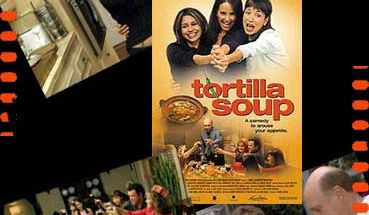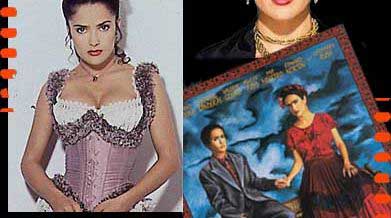





For instance, El Norte, a 1983 film by Gregory Nava, is about a Guatemalan brother and sister who flee political violence in their country and make their way to the United States, "El Norte." Enroute they have to traverse Mexico where they get a lift from a truckdriver who curses a lot (since profanity is apparently typical of Mexicans and not Guatemalans, as is stated by an INS officer later in the film) and manage to avoid any major Mexican city until they are dazzled by the bright lights of San Diego. Although a well-made film, its message is essentially a negative one. The girl dies from rat bites while crawling through a drainage pipe and her brother tries to survive as a day laborer in Los Angeles.
Nava, an American of Mexican ancestry who has done quite well in the United States,12 seems to be saying that his country is not a good place for Latin American immigrants, legal or otherwise. The numbers of Mexicans, Guatemalans, and others who are constantly trying to enter the United States would seem to belie this. Perhaps if Nava and his fellow "Chicano/Latino" filmmakers tried to stop presenting their characters as eternally marginalized, oppressed, and hopeless, the public might be a little more receptive to their films.

Tortilla Soup (2001), an upbeat, cheerful film about a Mexican-American family, was well received by critics. However, the director is, curiously, a little-known Spanish woman, María Ripoll, and the film is derivative, a remake of Ang Lee's Eat Drink Man Woman (1994). This points to another incongruity between U.S. Latinos and foreigners. The latter, when they make films in the U.S. (and there are precious few) certainly bring a quite different weltanschauung to their depictions of Latins in American society.
In fact, at present there are only two well-known Mexicans in Hollywood-actor/producer/director Alfonso Arau and actress/producer Salma Hayek. There are also three other Mexican directors in Hollywood whose films are quite familiar to American moviegoers, although their names are not. They will be discussed below.





